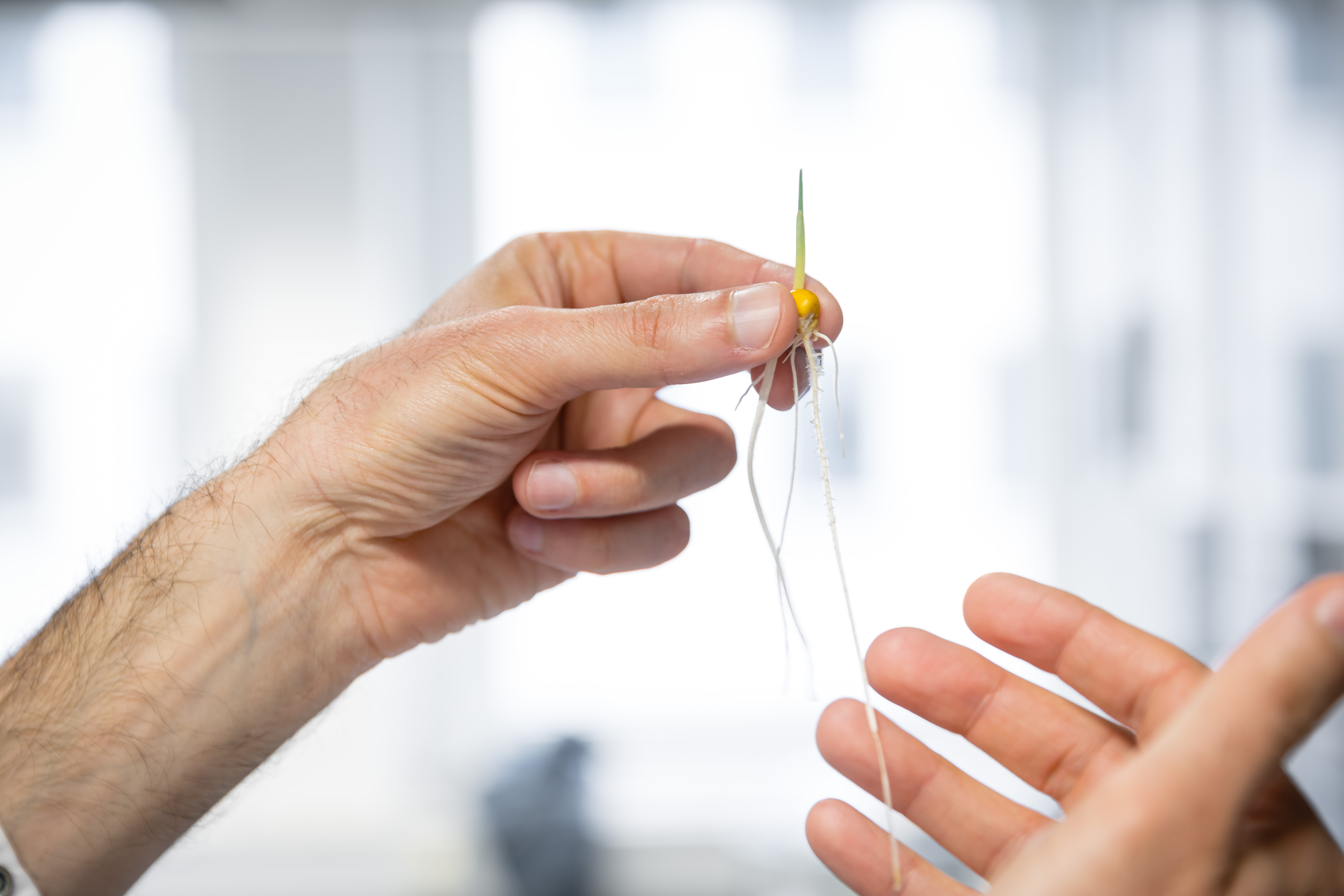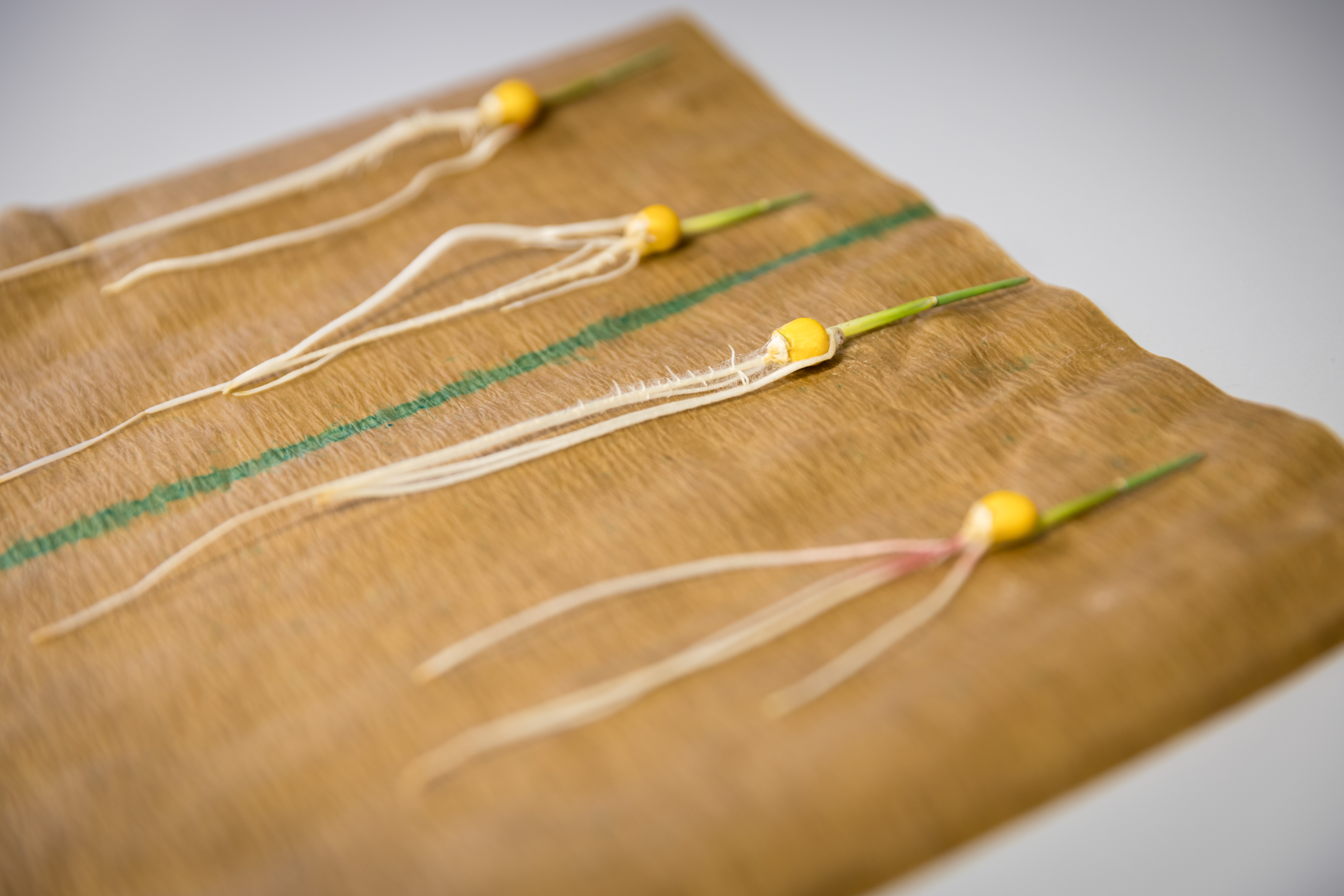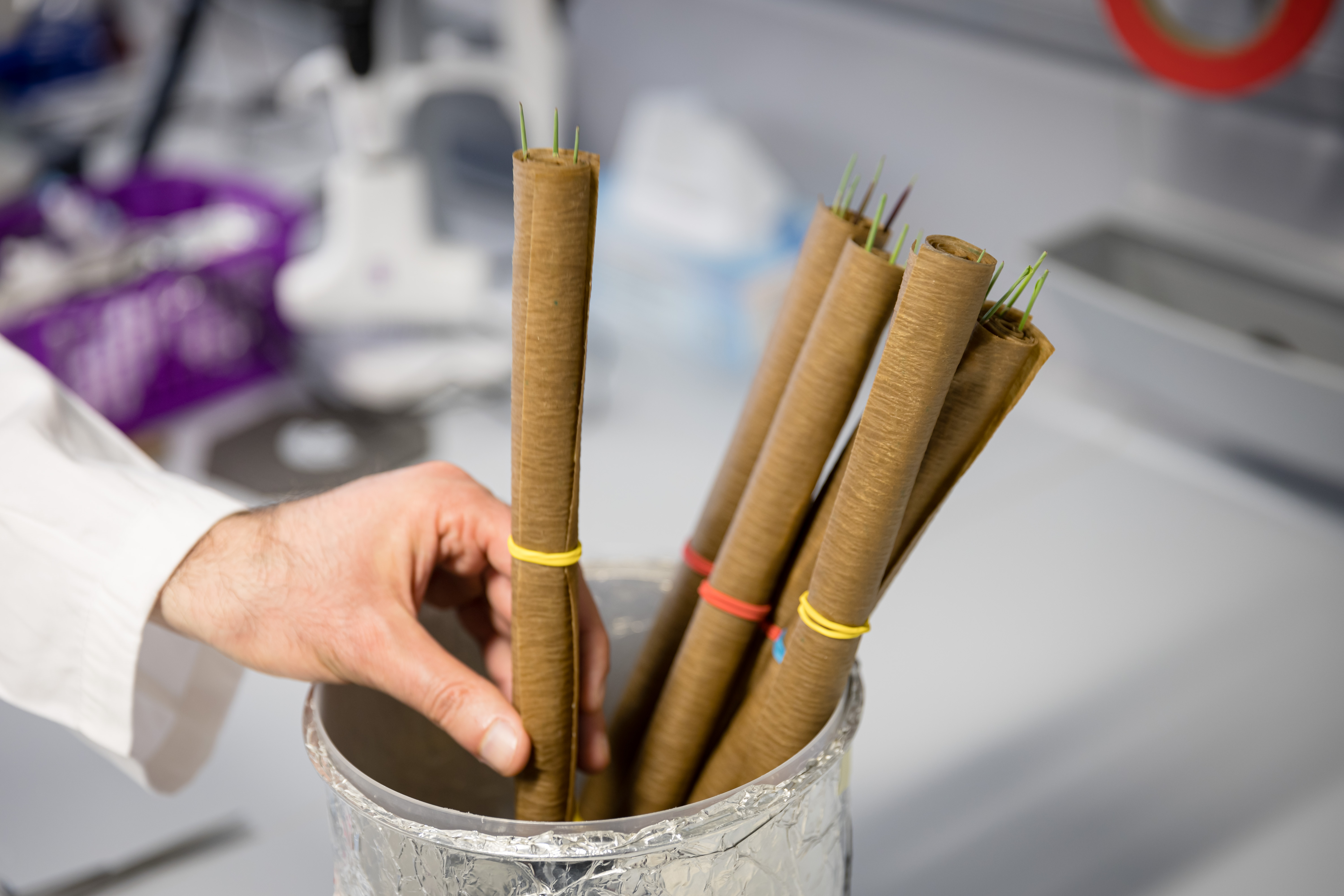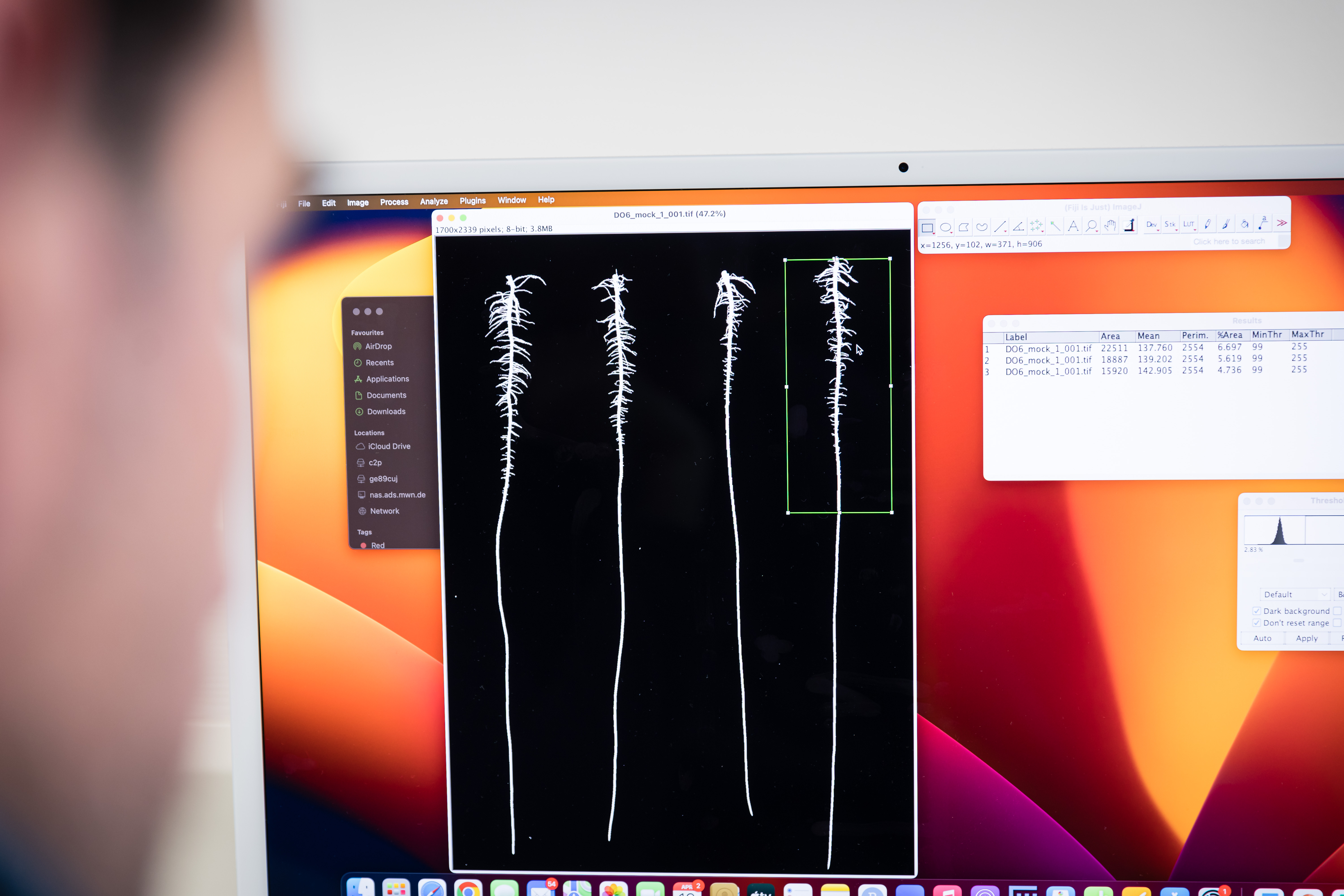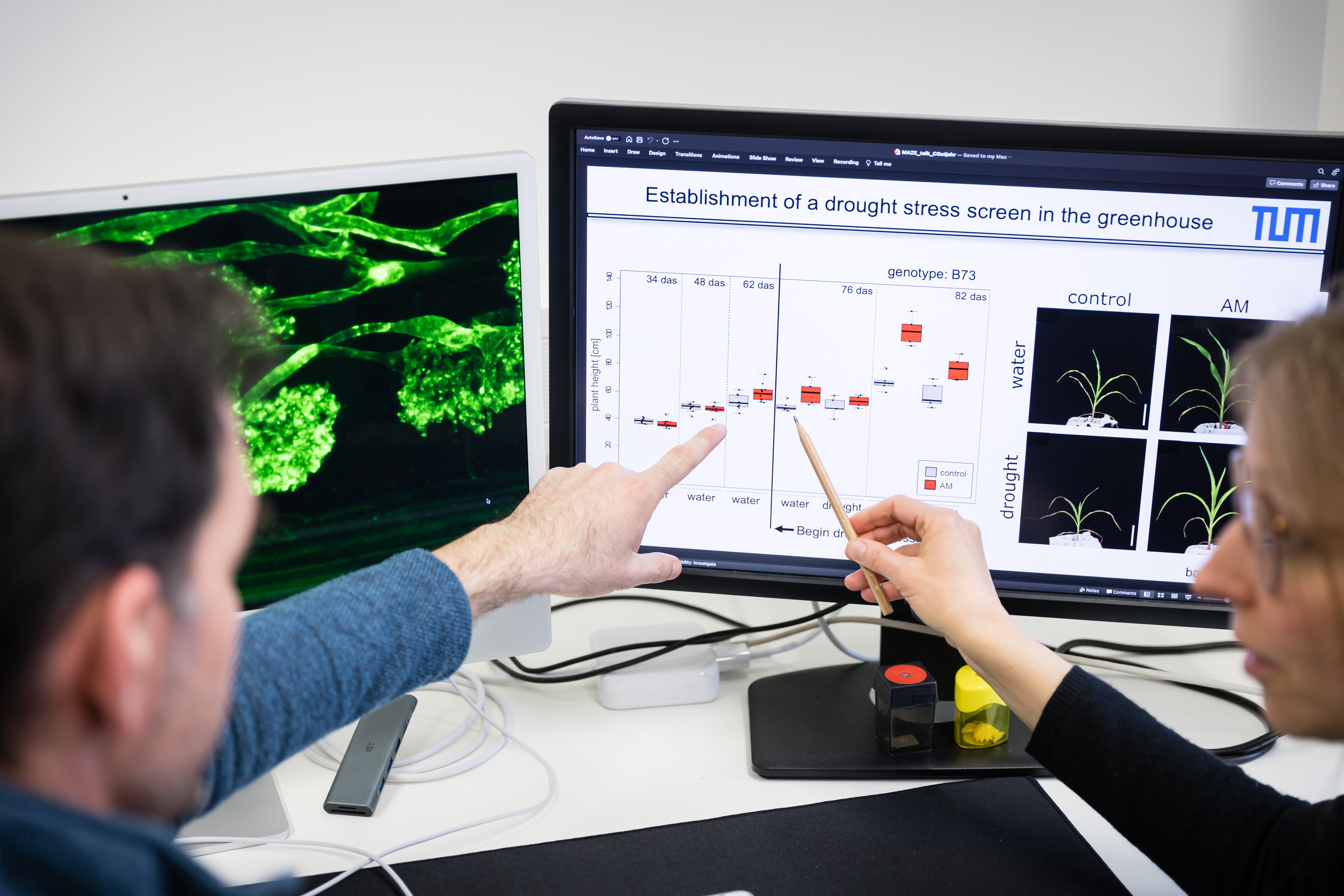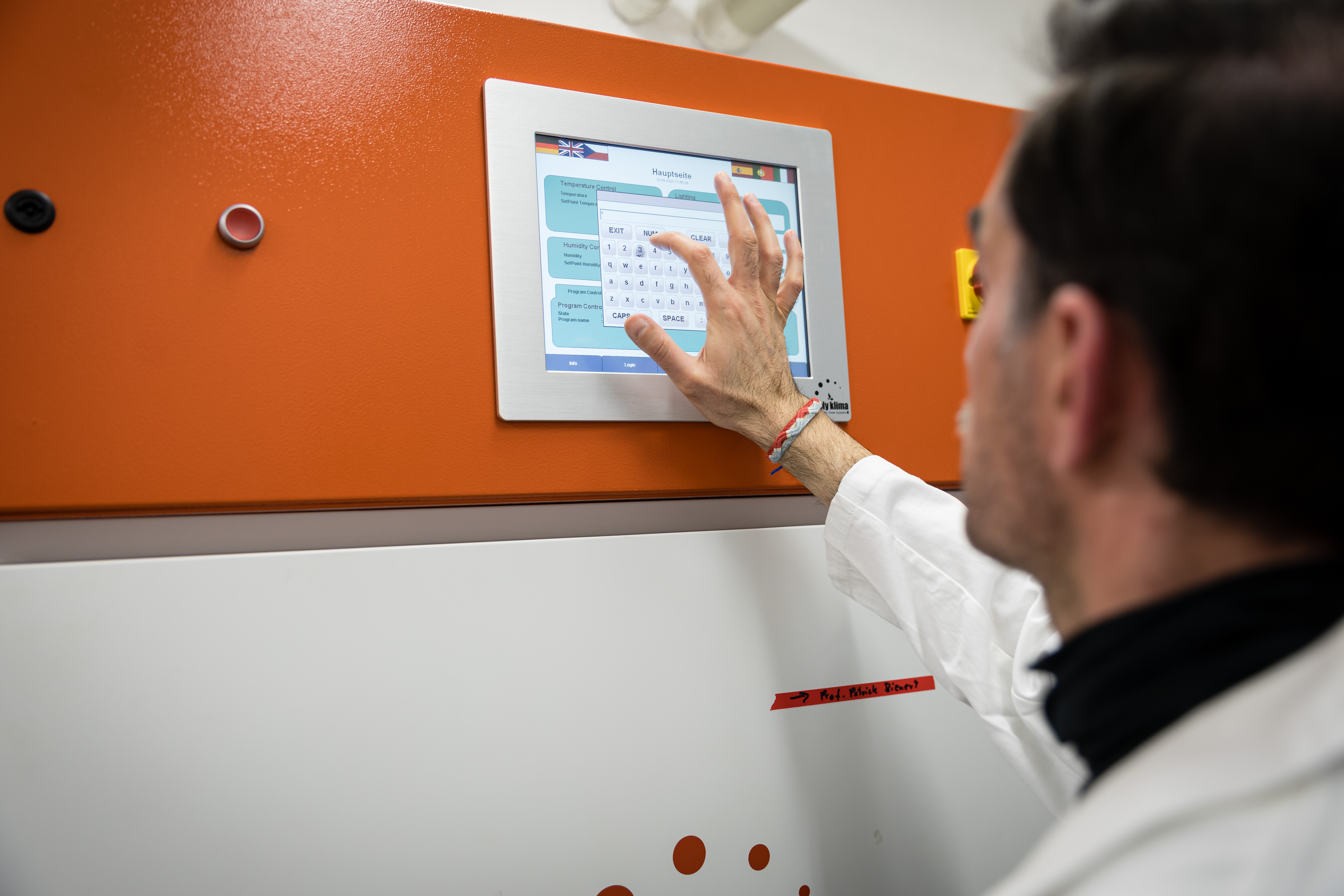SP 9: Stress resistance through symbiosis with fungi
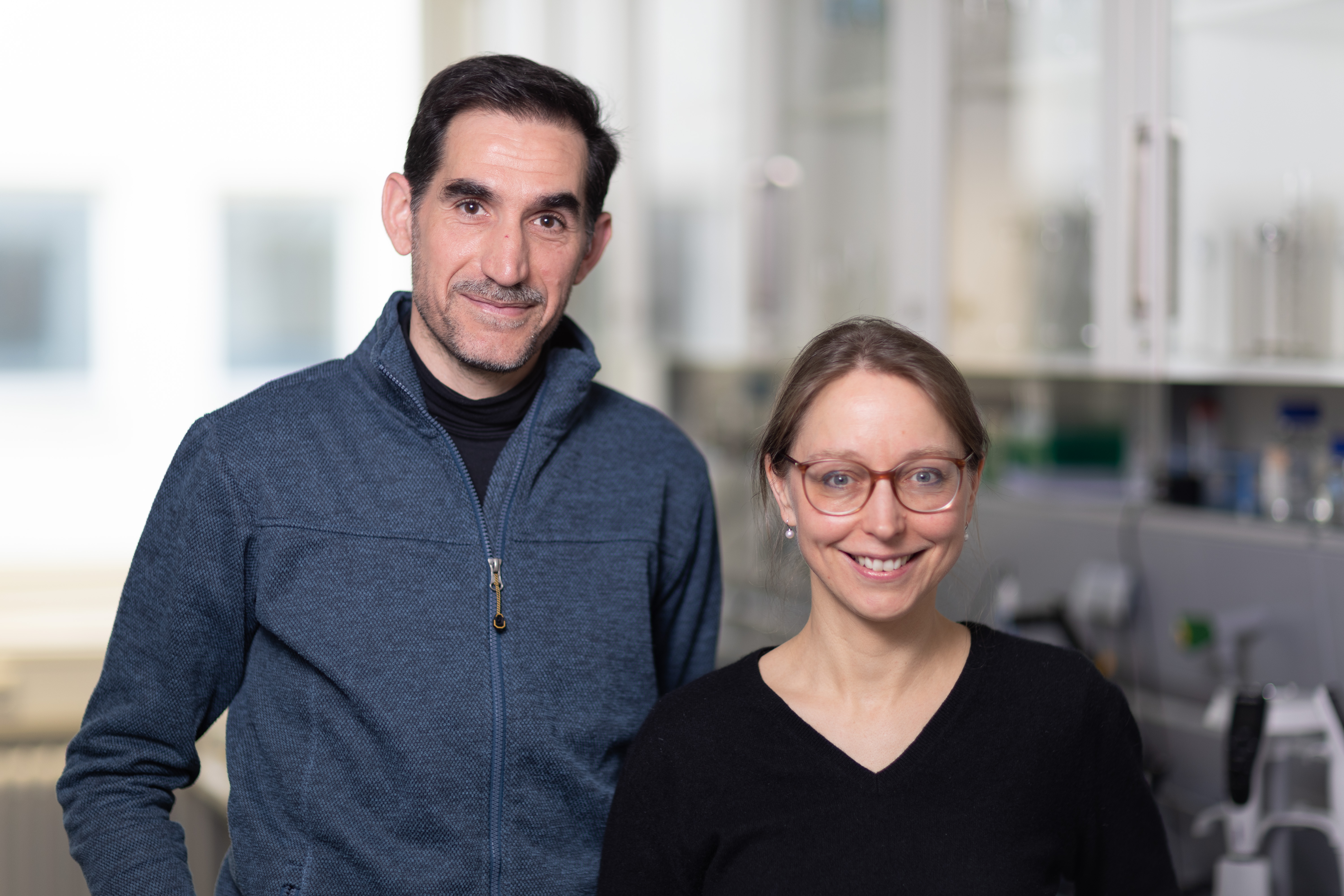
Project manager: Prof. Dr. Caroline Gutjahr
Scientific staff: Dr. Luca María Scolari
An important contribution to climate protection is the sustainable cultivation of plants, as they metabolize the greenhouse gas carbon dioxide and have a favorable impact on the climate. However, the agriculture of the future faces great challenges since the climate change, which is already noticeable in Bavaria and will likely increase in the future, leads to an accumulation of unfavorable weather events affecting the growth of crops. At the same time the use of artificial fertilizers must be reduced. The relatively pure phosphate they contain is running out worldwide and the excessive input of contaminated phosphate into fields can lead to heavy metal contamination of soils and, through runoff of excess fertilizer, to eutrophication of water bodies. Hence a sustainable, environmentally compatible and seminal agriculture requires the breeding of crop varieties which are both stress-resistant and nutrient-frugal allowing for crop yields despite the climate change.
The arbuscular mycorrhiza (AM) is a widespread symbiosis between terrestrial plants and particular soil fungi. This symbiosis improves mineral nutrition and stress resistance of plants, especially against drought stress. In the previous BayKlimaFit project network maize lines have been identified which exhibit contrasting AM responsiveness. The BayKlimaFit 2 following project aims to characterize diverse maize lines in order to find genotypes, which respond particularly well to arbuscular mycorrhiza, and to understand the genetic ground rules of these processes. This should provide a basis for breeding of symbiosis-optimized maize varieties.
Poster kick off meeting (German)
Project description kick off meeting (German)
Final Event
Poster Project description Final report
(German language only)

